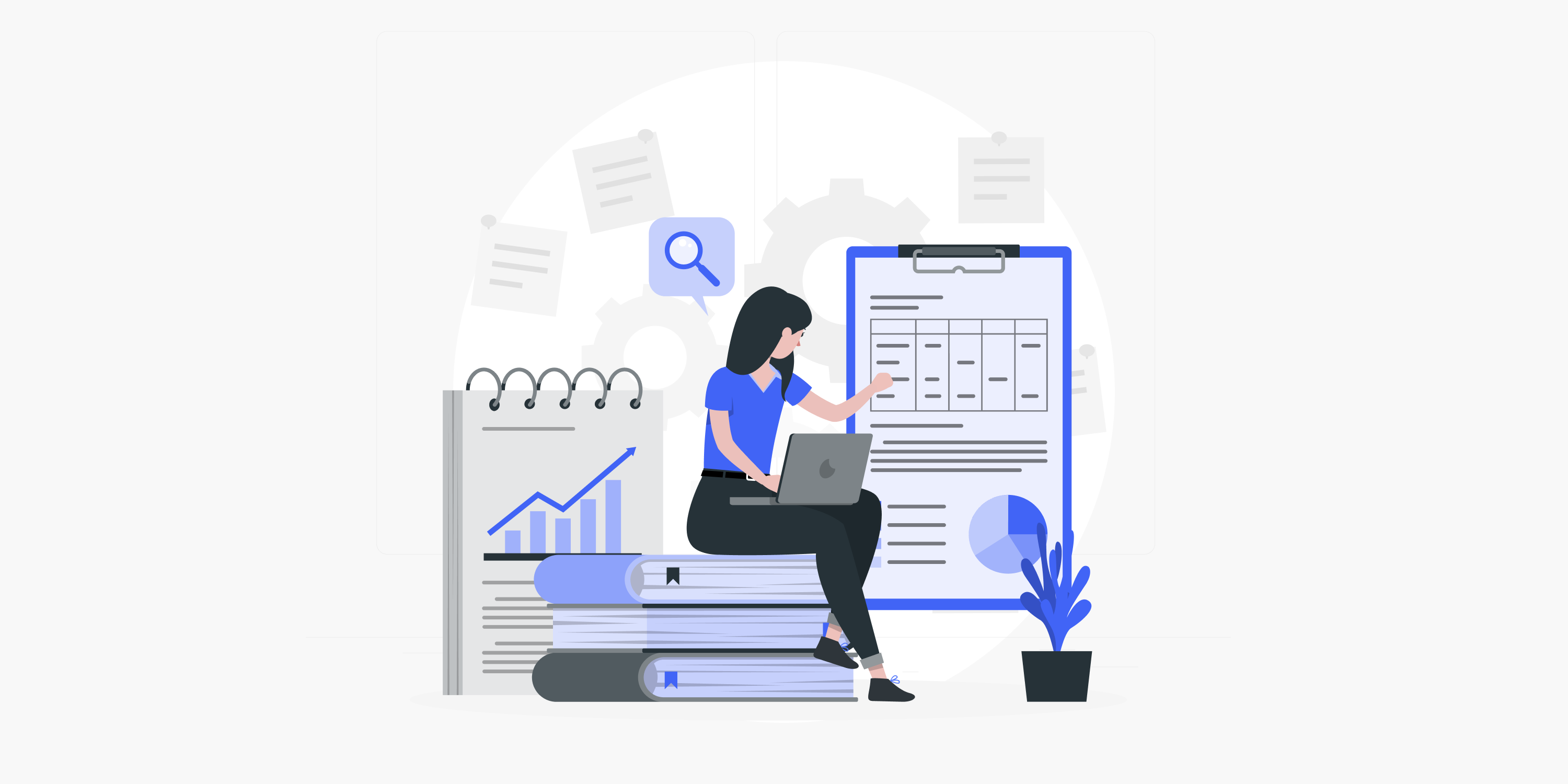住宅代理
來自真實 ISP 的白名單 200M+ IP。 透過儀表板管理/取得代理程式。

代理服務
抓取工具
從所有網站收集公開結構化數據
代理
住宅代理
來自真實 ISP 的白名單 200M+ IP。 透過儀表板管理/取得代理程式。
開始於
$0.6/ GB
Socks5代理
190多個地點超過2億個真實IP,
開始於
$0.03/ IP
無限住宅代理
IP與流量無限使用,AI智能輪換住宅代理
開始於
$1816/ MONTH
輪換 ISP 代理
ABCProxy 的輪替 ISP 代理程式可保證較長的會話時間。
開始於
$0.4/ GB
靜態住宅代理
持久專用代理、非輪換住宅代理
開始於
$4.5/MONTH
數據中心代理
使用全球穩定、快速、強勁的 700K+ 資料中心 LP。
開始於
$4.5/MONTH
移動代理
來自真實 ISP 的白名單 200M+ IP。 透過儀表板管理/取得代理程式。
開始於
$1.2/ GB
English
繁體中文
Русский
Indonesia
Português
Español
بالعربية

代理的优劣:增强隐私与安全
描述:这篇博客探讨了代理的概念,讨论了它们的定义、运作和各种类型。深入探讨了使用代理的优点和缺点,突出了它们在增强互联网隐私和安全方面的作用。本文还提供了选择和有效使用代理的实用提示。
介绍
在当今数字时代,网络隐私和安全是首要关注的问题,代理已经因其作为保护个人信息工具而广受欢迎。代理充当互联网用户和他们访问的网站之间的中介,提供了一层匿名和保护。本文将深入探讨代理的世界,探索其内部运作并审视其优势和劣势。
定义代理
代理,也称为代理服务器,是计算机系统或应用程序,充当用户与互联网之间的中介。当用户通过代理访问网站时,代理服务器会检索请求的内容并将其转发给用户。这个过程有助于隐藏用户的IP地址,使网站难以追踪其在线活动。
代理的类型
有几种类型的代理,每种代理都具有独特的特点和目的。最常见的类型包括:
1. Web代理:这些代理通过网络浏览器运行,通常用于访问受阻网站或绕过审查。Web代理为寻求临时匿名的个人提供了简单的解决方案。
2. 匿名代理:这些代理隐藏用户的IP地址,提供了额外的隐私层。它们通常由希望在浏览互联网时保护其身份的个人使用。
3. 透明代理:与匿名代理不同,透明代理不隐藏用户的IP地址。它们通常由组织用于缓存网页内容和增强网络性能。
4. 住宅代理:这些代理使用分配给住宅互联网用户的IP地址。由于其合法性和绕过某些在线限制的能力,它们备受追捧。
代理的好处
1. 增强的隐私:通过代理浏览互联网时,网站无法直接追踪用户的IP地址,确保更高级别的隐私。这对于担心自己的在线活动受到监控的个人特别有益。
2. 绕过地理限制:代理可以帮助用户访问基于地理位置限制的内容。通过将连接路由到不同国家的代理服务器,用户可以克服这些限制并访问所需的内容。
3. 安全:代理充当用户和潜在有害网站或恶意行为者之间的屏障。它们可以过滤可疑内容,阻止有害脚本,并提供额外的防止网络威胁的层级。
代理的缺点
1. 性能问题:使用代理通常会导致因额外路由和处理而导致的较慢的互联网速度。对于需要快速有效的互联网访问的用户来说,这可能是一个缺点。
2. 受信任的代理提供商:并非所有代理提供商都值得信任,有些可能会滥用或滥用通过他们服务器传递的数据。选择信誉良好的提供商至关重要,以确保个人信息的安全和隐私。
3. 兼容性有限:有些网站和在线服务可能会检测到代理的使用并阻止访问。对于依赖不支持代理连接的特定网站或服务的用户来说,这可能令人沮丧。
选择和使用代理的提示
1. 研究和选择信誉良好的提供商:在使用代理之前,彻底研究并选择信誉良好的提供商,这样可以确保隐私和安全。
2. 了解代理设置:熟悉各种可用的代理设置,如HTTP、HTTPS和SOCKS。每个设置提供不同级别的安全性和功能性。
3. 考虑付费代理:免费代理可能看似诱人,但它们通常带有限制和潜在的安全风险。付费代理提供更高质量和可靠性,确保更好的用户体验。
4. 与其他安全措施结合使用代理:虽然代理提供了额外的保护层,但它们不应该是唯一的安全措施。结合使用防病毒软件、防火墙和其他安全工具。
结论
代理在增强在线隐私和安全方面发挥着重要作用。通过隐藏IP地址并提供额外的保护层,代理为用户在浏览互联网时提供了安心感。然而,在选择和使用代理时,权衡其优点与缺点,并做出明智选择至关重要。在慎重考虑和正确使用下,代理可以成为在当今数字化环境中保障个人信息的有效工具。
相關文章

提高穩定性代理的訪問能力:解鎖ABCproxy節點限制
使用ABCproxy的高穩定性代理輕鬆解鎖受限內容。修復節點解鎖器的限制,享受無縫瀏覽。立即提升您的在線體驗!